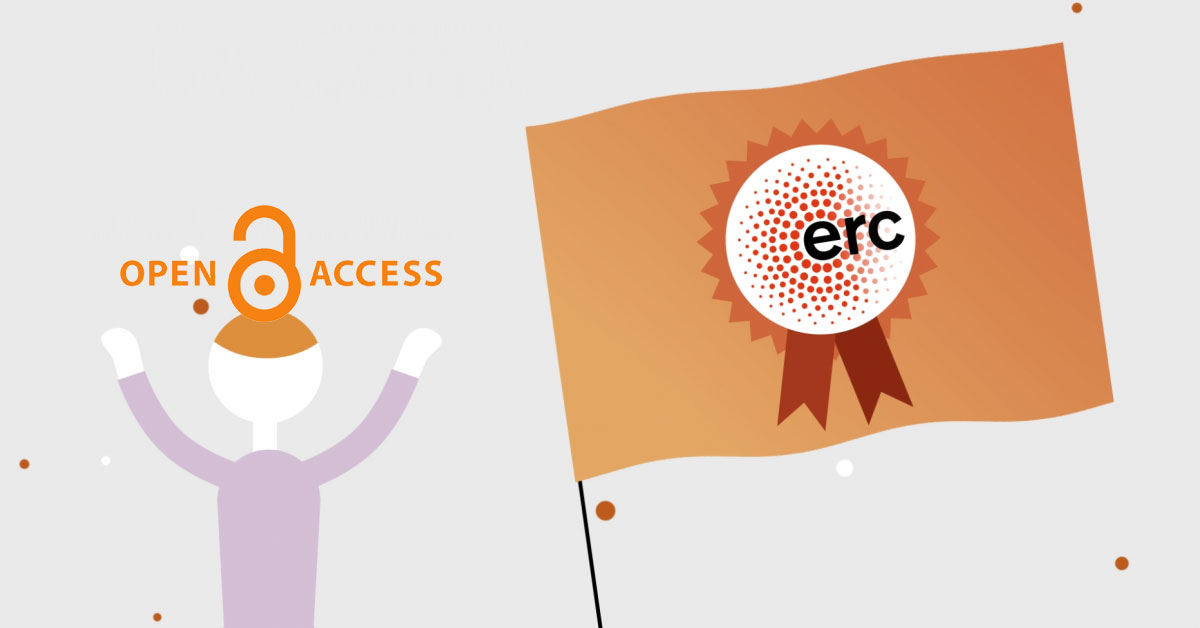Increased data sharing among scientists and other non-scientists can generate vast benefits to society and eventually to the economy. This is what leads to the foundation of open access. But the conditions conducive to data sharing remain the biggest challenge. The overall positive experience with the open publication, lead to the introduction of similar policies in the recent year to facilitate research data sharing. It has inspired many international and government research funder organizations to introduce open data policies. In a recent study, the papers published by the grantees of the European Research Council (ERC) were accessed for the access policies of the journals chosen by researchers and it was found that the majority prefer hybrid or non-OA journals.
Open Access (OA) means free access without subscription, payment or registration, to the full text of scientific journal articles, and anyone who has internet access can see them with a click all from reference to results. In addition to the good public view, several types of research have shown that OA funded via publication charges (APCs) would make the publishing and dissemination of scholarly journal articles cheaper than the currently dominating subscription model. As for the researcher, it enhances the visibility of the work done by elevated citation and usage, greater public engagement, faster impact, and a good chance for data sharing and future collaborations. OA looks like would be in the interest of just about everyone from stakeholder, to producers, consumers and most of all researchers.
ERC is a leading funder of research in the science and humanities. It regards open access as the most effective way for ensuring that the fruits of the research it funds can be accessed, read, and used in further research. In the beginning, when ‘Open Access Pilot’ was launched by European Commission to test funding arrangements that encourage open access to publicly foundered research in 2008 (later replaced by the Horizon 2020 Pilot, its rules of participation represent the legal basis for OA to research data funded by European commission that states “concerning the dissemination of research data, the grant agreement may, in the context of the open access to and the preservation of research data, lay down terms and conditions under which open access to such results shall be provided, in particular in ERC frontier research and FET (Future and Emerging Technologies) research or in other appropriate areas, and taking into consideration the legitimate interests of the participants and any constraints about data protection rules, security rules or intellectual property rights. In such cases, the work program or work plan shall indicate if the dissemination of research data through open access is required”
Since ERC is the biggest global funder, so a study with the primary objective to determine the access policies of the journals chosen by researchers (who got the grants) benefiting from public funding to broadcast their findings, based on an analysis of 44,000 plus papers from the year 2007 to 2015.
They concluded that most of the studies (85%) were published in hybrid or non-OA journals. In compliance with the open access publication sanctions and decree of the institution, the grantees prefer to publish their research work in a non-gold Open Access Journal. Additionally, the research proposed, reviewed, and funded by researchers has proven to be very influential and has conspicuous results on the international scientific ecosystem.

COMMENTS